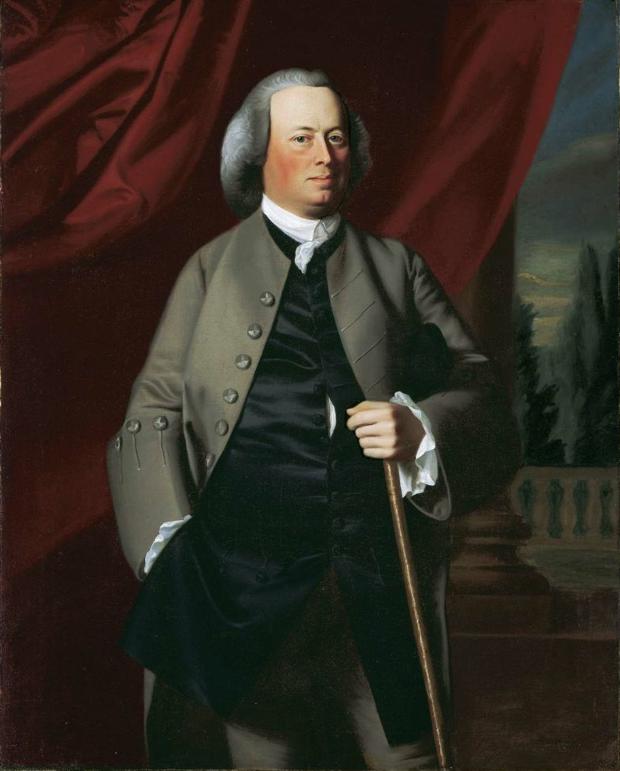"The rights of the individual should be the primary
object of all governments"
~ Mercy Otis Warren
 |
| Mercy Otis Warren |
In 1754, Mercy married James Warren, who was a distant
cousin and college friend of her brother, James. James Warren was impressed
with her writing skills and encouraged her. By the time of the revolution,
Mercy was a close friend of Abigail Adams and wrote to many founding fathers including
Samuel Adams, John Hancock, Patrick Henry, Thomas Jefferson, George Washington
and John Adams. The latter wrote to her husband saying, “Tell your wife that
God Almighty has entrusted her with the Powers for the good of the World,
which, in the cause of his Providence, he bestows on few of the human race.
That instead of being a fault to use them, it would be criminal to neglect
them.”
 |
| James Warren |
In 1805, Mercy published the first history of the American
Revolution, the controversial three-volume work,
History of the Rise, Progress, and Termination of the American Revolution. President Thomas Jefferson ordered subscriptions for himself and his cabinet, but John Adams thought the history was a radical simplification of real events and was displeased with Mercy’s open criticism of him in the book. It led to a heated correspondence and a breach in their friendship that lasted until 1812.
History of the Rise, Progress, and Termination of the American Revolution. President Thomas Jefferson ordered subscriptions for himself and his cabinet, but John Adams thought the history was a radical simplification of real events and was displeased with Mercy’s open criticism of him in the book. It led to a heated correspondence and a breach in their friendship that lasted until 1812.
Mercy was an Anti-Federalist and opposed the ratification of
the Constitution. She advocated freedom of speech, freedom of press and trial
by jury; all of which became part of the Bill of Rights. She was called the
Conscience of the American Revolution and holds her place as a founding mother
with other influential woman of the time such as Abigail Adams, Sarah Franklin
Bache and Martha Washington.
Mercy Otis Warren died in 1814 at the age of 86. A statue of
her stands in Barnstable Massachusetts with the Bill of Rights in her upraised
hand.
~Psyche
~Psyche
Wow, I've never heard of her. I'll have to see if I can find some of her works to read.
ReplyDelete